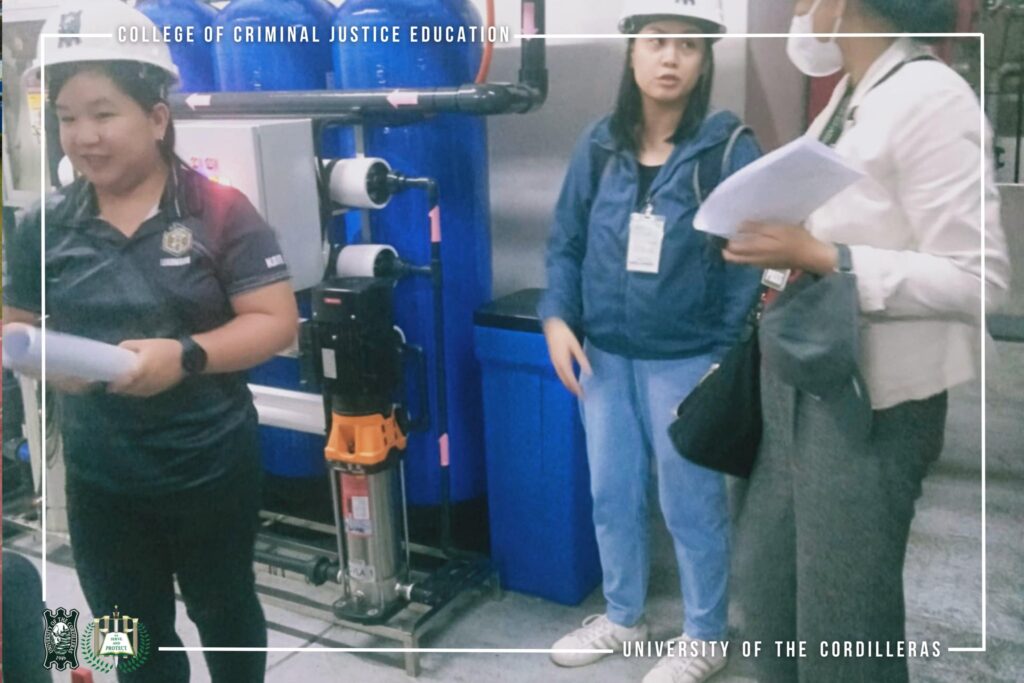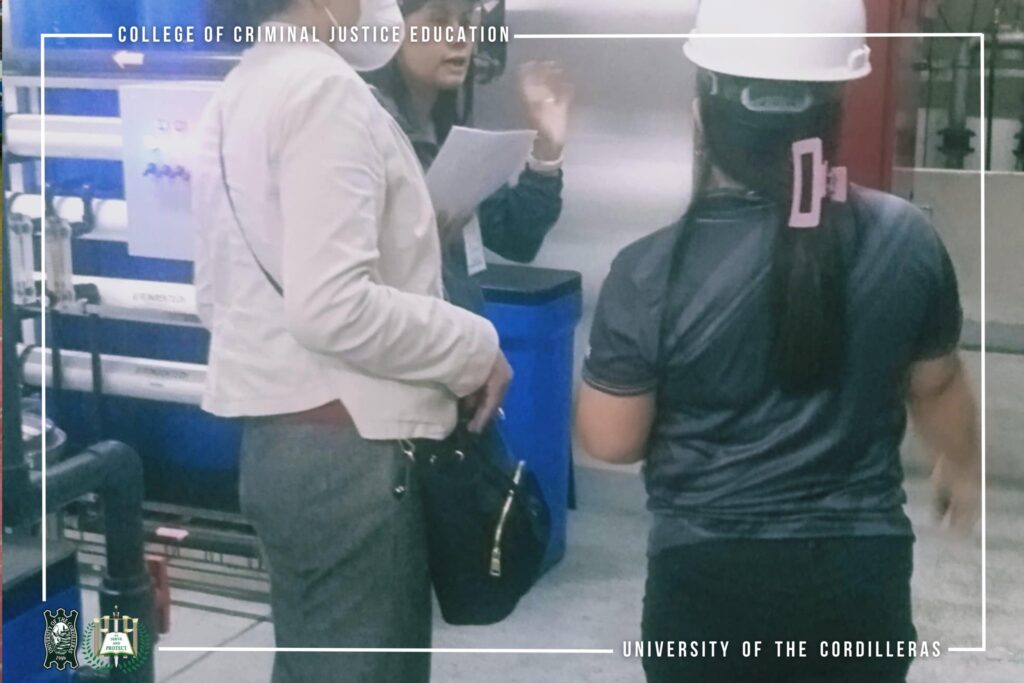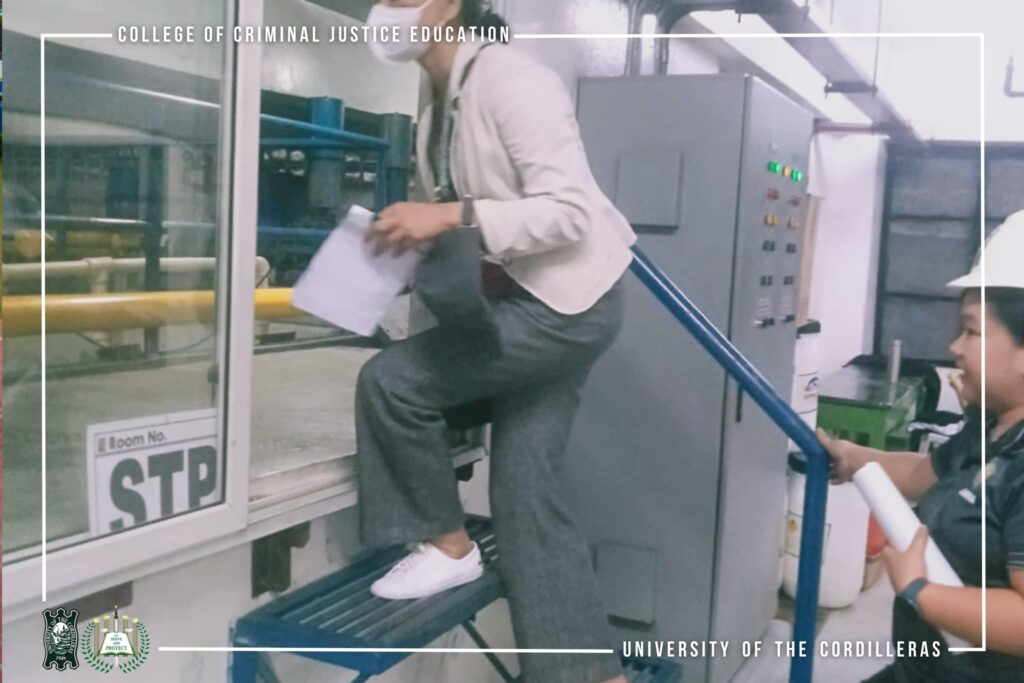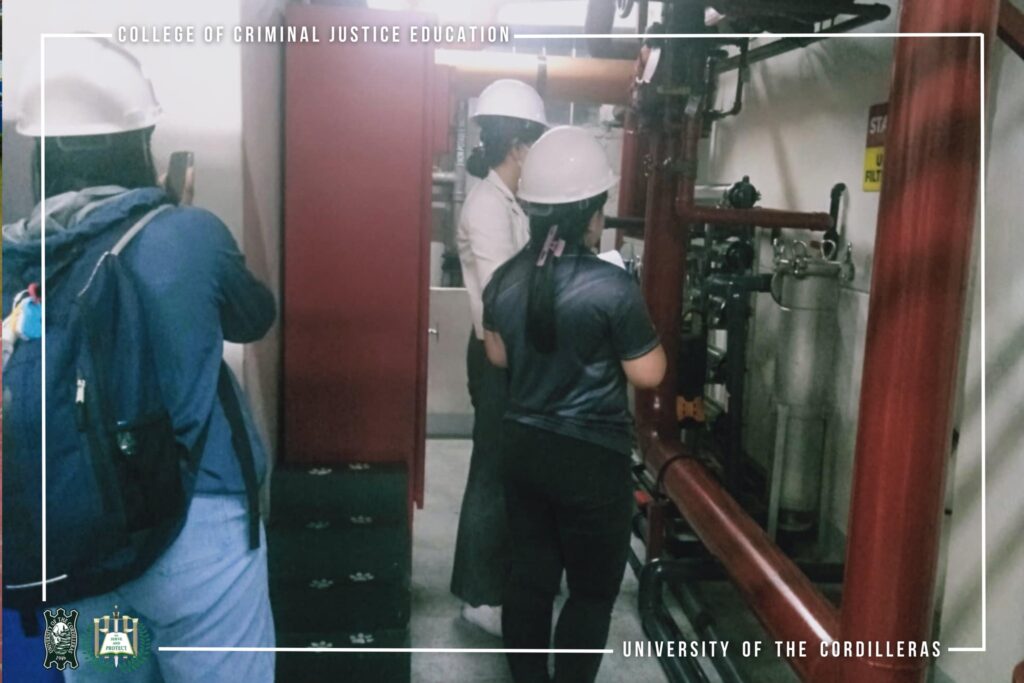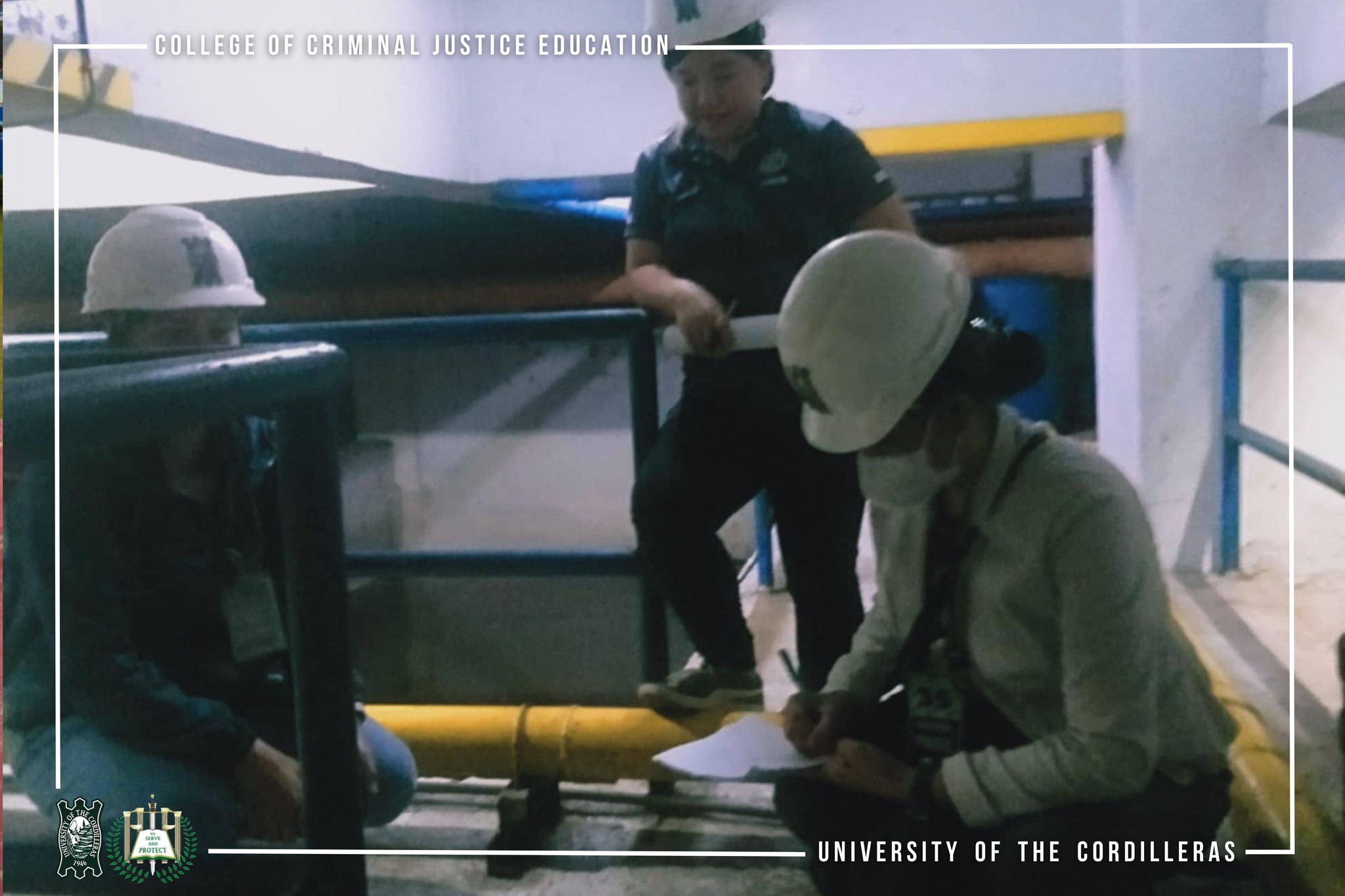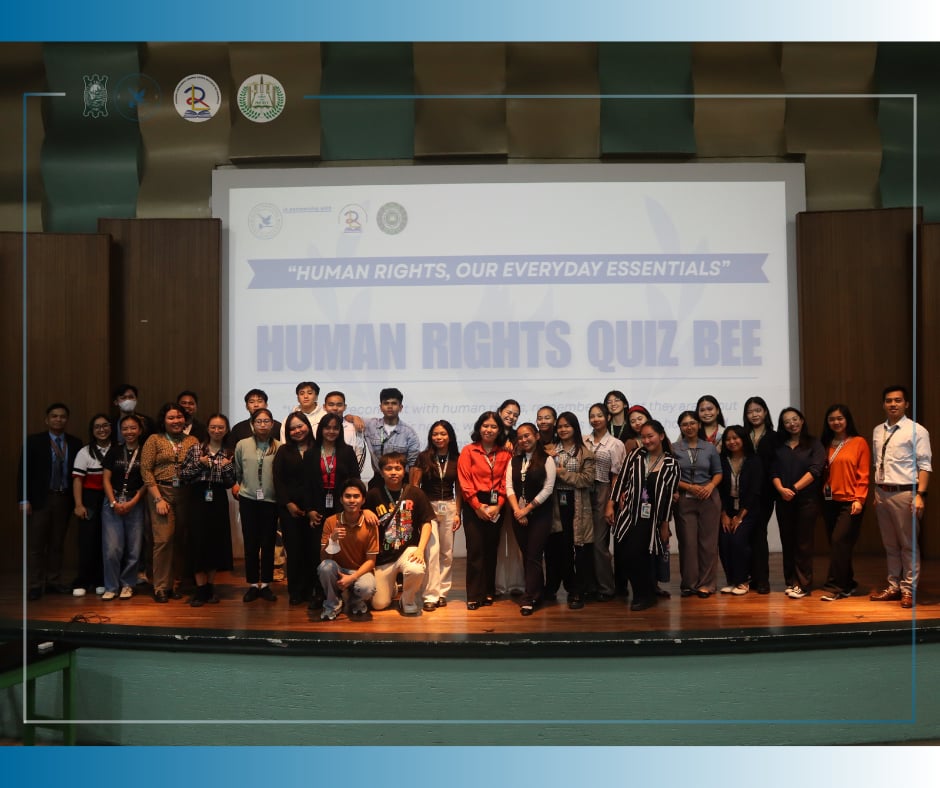The University of the Cordilleras (UC) once again demonstrated its dedication to sustainability and regulatory compliance by welcoming the Department of Environment and Natural Resources (DENR) for its Annual Spot Inspection on November 14, 2024. The activity aligns with the United Nations Sustainable Development Goal (SDG) 6: Clean Water and Sanitation, reinforcing UC’s commitment to responsible environmental management.
The primary objective of the inspection was to validate and monitor compliance with environmental regulations and permits. The DENR team conducted thorough evaluations of UC’s facilities, including the Sewage Treatment Plants (STPs), generator sets, and hazardous waste storage, to identify and mitigate potential threats to human health and the environment.
During the inspection, DENR representatives carefully examined the operational efficacy of UC’s STPs, scrutinized waste handling and storage practices, and assessed emissions from generator sets to ensure compliance with national and local environmental laws. This proactive approach is designed to uphold high standards of sustainability and operational safety.
The successful outcome of this inspection reflects UC’s commitment to maintaining environmental regulations and nurturing a culture of accountability. By ensuring that its facilities conform to rigorous environmental standards, UC sets a benchmark for academic institutions aspiring to incorporate sustainable practices into their operations.
This annual event underscores UC’s role as a responsible steward of the environment and a model for sustainable wastewater management. It also highlights the significance of collaborations between institutions and regulatory bodies in achieving common environmental objectives.
Through its unwavering dedication to compliance and innovation, UC continues to contribute to global efforts in water conservation, pollution reduction, and sustainable development. The university’s initiatives illustrate that environmental responsibility is not only a regulatory requirement but also an essential aspect of its mission to foster a healthier and more sustainable future for all.
